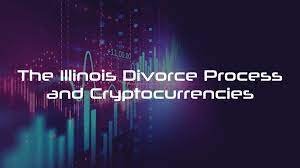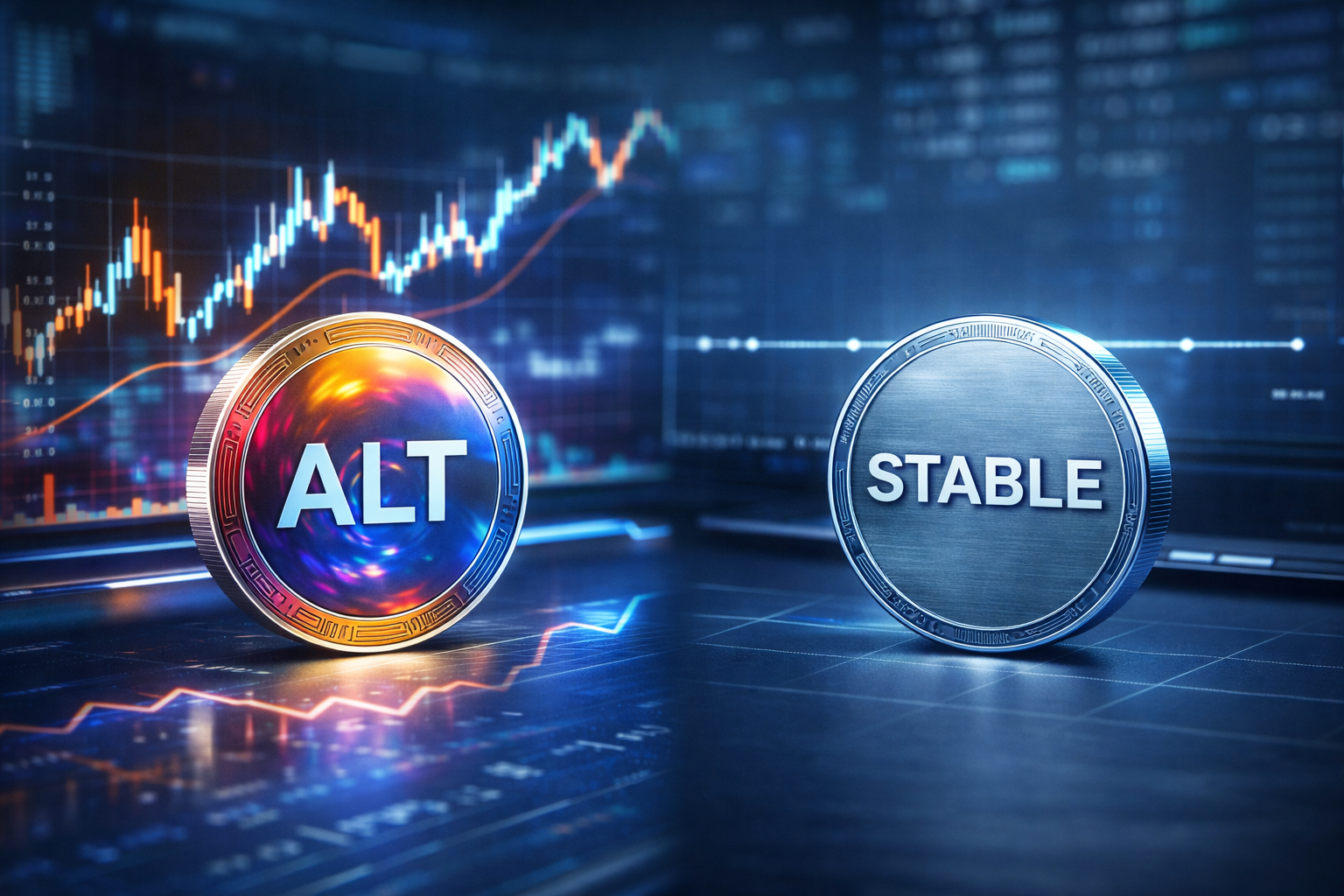
James Carter
Illinois Cryptocurrency Tax: A Comprehensive Guide

Cryptocurrency has been a hot topic in the financial world for a few years now. Cryptocurrency is a digital asset that can be used as a medium of exchange, just like traditional currencies. However, unlike traditional currencies, cryptocurrency operates independently of a central bank, and it is based on cryptography, making it secure and hard to counterfeit. Illinois has been one of the states in the United States that has taken steps to regulate cryptocurrency, including the imposition of taxes on cryptocurrency transactions. This article will discuss about the Illinois cryptocurrency tax, including its regulations, calculations, challenges, and future outlook.
I. Introduction
Cryptocurrency has been a buzzword in the financial world, but many people are still unfamiliar with its workings. In simple terms, cryptocurrency is a digital asset that operates independently of a central bank. It is based on cryptography, which makes it secure and hard to counterfeit. In recent years, the popularity of cryptocurrencies has grown, with many businesses accepting them as a form of payment. This growth has led to increased regulation of cryptocurrency, including the imposition of taxes. Illinois is one of the states that have taken steps to regulate cryptocurrency, and in this article, we will explore the Illinois cryptocurrency tax.
II. Understanding Illinois Cryptocurrency Tax
Illinois has a clear regulatory framework for cryptocurrency transactions. The Illinois Department of Revenue considers cryptocurrency to be property and, therefore, subject to taxation. This means that any gains or losses resulting from cryptocurrency transactions are subject to taxation. In Illinois, cryptocurrency is taxed based on its fair market value at the time of the transaction.
A. Taxation of Cryptocurrency in Illinois
The Illinois cryptocurrency tax applies to any cryptocurrency transaction, including buying, selling, trading, and mining. The tax applies to both individuals and businesses, and it is imposed on any gains or losses resulting from cryptocurrency transactions. The tax rate for cryptocurrency transactions in Illinois is 4.95%, which is the same as the state’s income tax rate.
B. Exemptions and Exclusions
Illinois has exemptions and exclusions for some cryptocurrency transactions. For example, if a taxpayer receives cryptocurrency as a gift, the value of the gift is not subject to taxation until the taxpayer sells or trades the cryptocurrency. Similarly, if a taxpayer donates cryptocurrency to a tax-exempt organization, the value of the donation is not subject to taxation.
C. Reporting Requirements for Cryptocurrency Transactions
Illinois taxpayers are required to report their cryptocurrency transactions on their state tax returns. The Illinois Department of Revenue requires taxpayers to use the fair market value of the cryptocurrency at the time of the transaction to determine any gains or losses. Taxpayers must also report any deductions related to their cryptocurrency transactions, such as transaction fees or the cost of mining.
D. Impact of Federal Tax Laws on Illinois Cryptocurrency Tax
Illinois cryptocurrency tax is also subject to federal tax laws. The Internal Revenue Service (IRS) considers cryptocurrency to be property, which means that any gains or losses resulting from cryptocurrency transactions are subject to federal taxation. The IRS requires taxpayers to report their cryptocurrency transactions on their federal tax returns, using the fair market value of the cryptocurrency at the time of the transaction to determine any gains or losses.
III. Calculating Cryptocurrency Taxes in Illinois
Calculating cryptocurrency taxes in Illinois can be complex, and it requires taxpayers to understand the fair market value of their cryptocurrency at the time of the transaction. There are two methods for calculating cryptocurrency gains and losses in Illinois:
A. First In, First Out (FIFO) Method
The FIFO method is the default method for calculating cryptocurrency gains and losses in Illinois. This method assumes that the first cryptocurrency bought is also the first one sold. Using this method, taxpayers must calculate the gain or loss for each cryptocurrency transaction based on the fair market value of the cryptocurrency at the time of the transaction
B. Specific Identification Method
The specific identification method is an alternative method for calculating cryptocurrency gains and losses in Illinois. This method allows taxpayers to choose which cryptocurrency units they are selling. This method can be useful for taxpayers who want to minimize their tax liability by selling cryptocurrency units with a lower cost basis.
C. Tax Rates for Cryptocurrency Transactions in Illinois
The tax rate for cryptocurrency transactions in Illinois is 4.95%, which is the same as the state’s income tax rate. This means that any gains or losses resulting from cryptocurrency transactions are subject to the same tax rate as income earned from other sources.
D. Deductible Expenses for Cryptocurrency Activities
Illinois taxpayers can deduct expenses related to their cryptocurrency activities, such as transaction fees or the cost of mining. These expenses can be deducted from the taxpayer’s cryptocurrency gains, reducing their tax liability.
WATCH THE VIDEO BELOW FOR MORE CLARIFICATIONS.
IV. Challenges and Issues with Illinois Cryptocurrency Tax
While the Illinois cryptocurrency tax provides clear guidelines for taxing cryptocurrency transactions, there are still challenges and issues that taxpayers may face.
A. Lack of Clarity in Tax Laws
The regulations surrounding cryptocurrency are still evolving, and there is a lack of clarity in tax laws regarding cryptocurrency. This lack of clarity can make it challenging for taxpayers to understand their tax obligations and ensure compliance.
B. Difficulty in Tracking and Reporting Cryptocurrency Transactions
Cryptocurrency transactions can be complex and difficult to track and report. The fair market value of cryptocurrency can fluctuate rapidly, making it challenging to determine the value of transactions accurately. This can make it difficult for taxpayers to comply with reporting requirements and accurately calculate their tax liability.
C. Risks of Tax Evasion and Noncompliance
The anonymous and decentralized nature of cryptocurrency can make it an attractive option for those looking to evade taxes or engage in illegal activities. This can make it challenging for tax authorities to enforce compliance and prevent tax evasion.
Summary
The Illinois cryptocurrency tax provides clear guidelines for taxing cryptocurrency transactions in the state. Taxpayers must understand the fair market value of their cryptocurrency at the time of the transaction to calculate any gains or losses accurately. While there are challenges and issues surrounding the taxation of cryptocurrency, the Illinois Department of Revenue has provided clear guidance to help taxpayers comply with their tax obligations. As the regulations surrounding cryptocurrency continue to evolve, it will be essential for taxpayers to stay informed of any changes to ensure compliance with state and federal tax laws.
Latest
Regulation
21 Feb 2026
Regulation
13 Feb 2026
Regulation
07 Feb 2026
Regulation
06 Feb 2026
Regulation
05 Feb 2026
Regulation
03 Feb 2026












